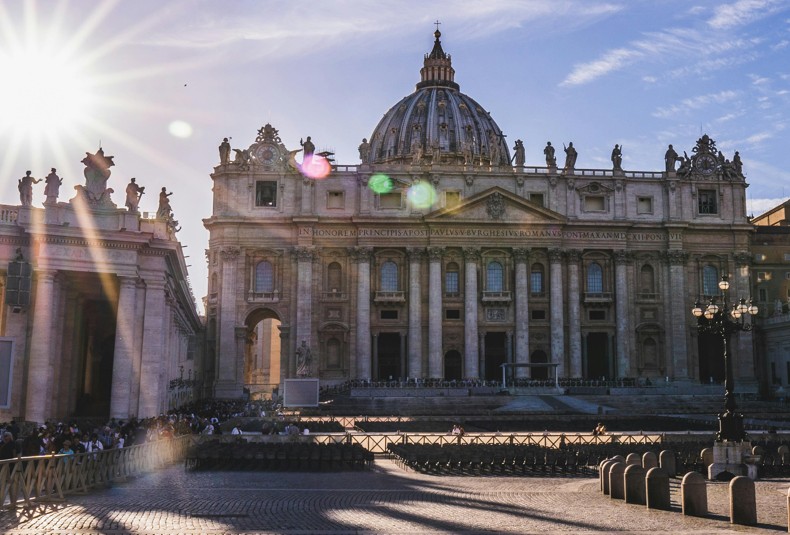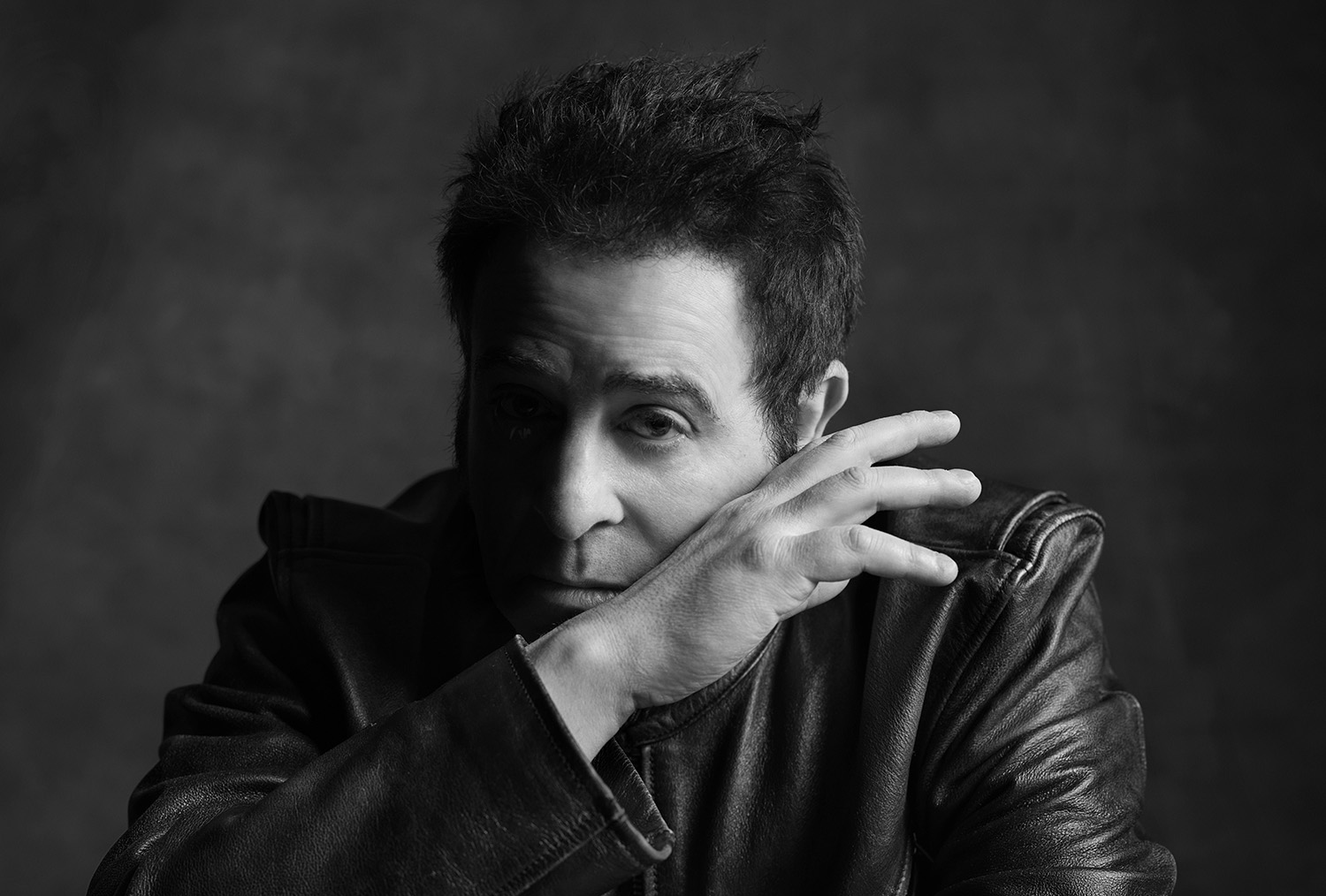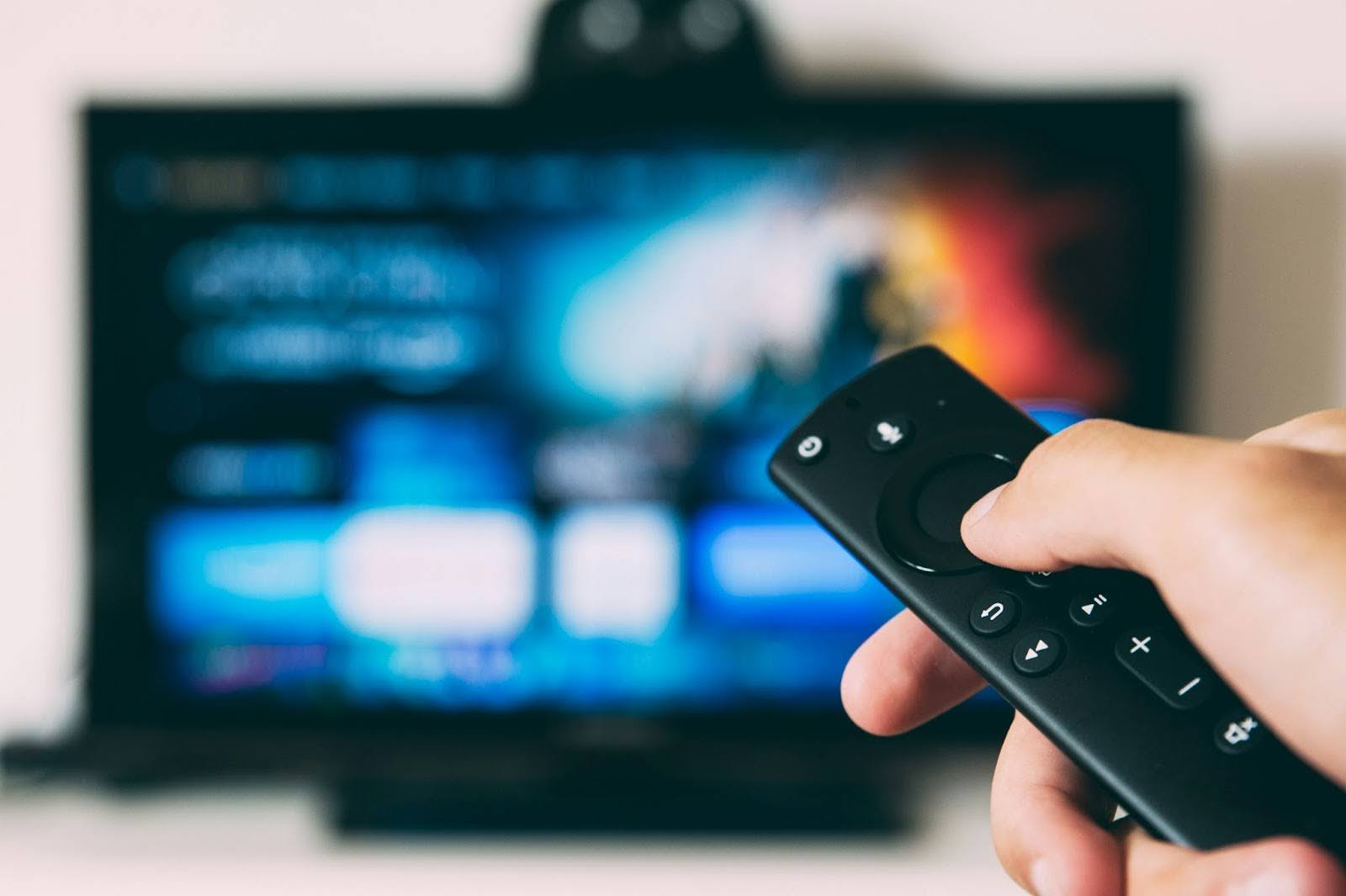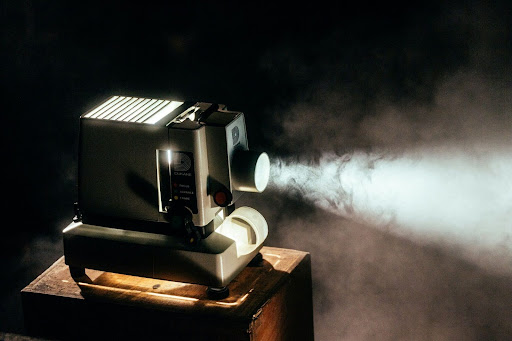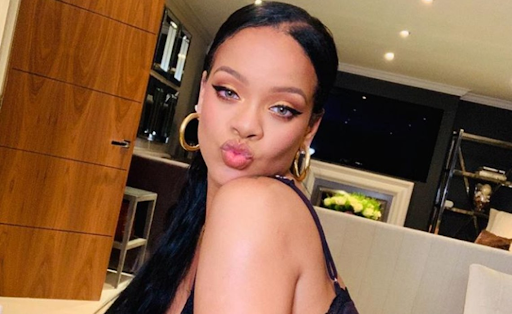Music
There Are No Greatest Hits Anymore: Compilation Albums Are a Cash Grab in 2019
13 Sep, 19

Aaron Carter
Photo by Kathy Hutchins (Shutterstock)
For decades, “Greatest Hits” albums were a necessary evil.
Before the explosion of streaming, compilations helped artists gain exposure among general listeners. The Eagles, Tom Petty, ABBA, and Bob Marley are only a handful of artists whose greatest hits compilations became definitive projects of their careers. “The Eagles Their Greatest Hits 1971-1975, [the] 1976 collection…rivals Michael Jackson’s Thriller as the most popular LP in American History,” wrote Pitchfork. The band’s first four albums were bloated and overbearing with artistic pretense, but with the greatest hits LP, The Eagles trimmed their hedges and solidified their cult-like fan base. Songs like “Desperado,” which didn’t chart at all upon its initial release, suddenly became an anthem for the band.
“Greatest Hits” compilations have best-served artists with longstanding careers, as well as artists who premiered prior to the streaming revolution. The Cure, Elton John, Billy Joel, Pink Floyd, Bob Dylan, Elvis Presley, and Vera Lynn are of a handful of artists that have all had “Greatest Hit” compilations thrive in recent memory. Even artists like P!nk, who is still extremely popular, received a commercial boost from her greatest hits compilations. The singer’s Greatest Hits…So Far!! was a chart-topping success, in part due to its timing. Released in 2010, the compilation came two years after 2008’s Funhouse, which, while commercially successful, generated a lukewarm response from critics. But P!nk had been making pop hits for over a decade, and most Gen-Zers who weren’t introduced to the singer prior to Funhouse missed out on the glory days of I’m Not Dead and M!sundaztood. The compilation served as a welcome reminder and aided the singer in becoming a generational crossover success.
P!nk – Stupid Girls (Official Video)www.youtube.com
The same can even be said for Spoon, who took a massive risk when they released a greatest hits album this past July. Yet even for Spoon, one of the late 2000s’ last successful rock bands, a greatest hits album seemed warranted. “The set inarguably presents a concise and convincing argument for Spoon being one of their era’s most distinctive and consistently excellent rock bands,” wrote NPR of the release. The quartet had been releasing albums since the late 90s, and each project was worth a deep dive. Yet mainstream success had always evaded the group, so for those not familiar with the band, combing through each of their 10 albums to find the hits was a chore. The compilation, titled Everything Hits at Once, was curated as a resolution to that problem. “The record…exists as a way of giving fans an entry point into a catalog with so many beloved albums that the band’s incredible consistency is something of a commercial liability,” wrote NPR.
The truth is, as time has gone on, compilation albums have continued to perform poorly, and Spoon seems to be a rare exception. In 2017, only two Best Of collections made the Top 100 best selling albums that year. That was four fewer than in 2012, and “way below 2008,” when 13 collections made the list. Aside from commercial success, “Best Of…” projects have also revealed artists’ weak spots. Even though The Killers’ 2013 Direct Hits charted at number 20 on the Billboard 200, the album was a critical fumble, as the release unveiled The Killers’ lack of consistency. “Taken as a whole, it proves the band has fewer actual hits, let alone great ones than you thought,” wrote Pitchfork. The same can be said for flash-in-the-pan pop artists like Aaron Carter, who released Come Get It: The Very Best of Aaron Carter and 2 Good 2 Be True one month apart from each other, the latter recycling 5 of the same songs from the former. Needless to say, both compilations were a flop and pointed at the glaring inconsistency of Carter’s talent. There is also the traumatic case of Shallow Bay, the greatest hits compilation for post-grunge band Breaking Benjamin that was so disputed it caused the band to break up.
Aaron Carter – That’s How I Beat Shaqyoutu.be
Fall Out Boy announced on Tuesday that they are working on their next greatest hits compilation titled Greatest Hits: Believers Never Die – Volume Two, and now, more than ever, such a feat seems nonessential. Now with a new generation of pop stars entering the mainstream, The “Greatest Hits” formula has no doubt become less lucrative and less necessary for artists who’ve achieved fame thanks to streaming. The bands first volume of greatest hits was released in 2009 and was comprised of the band’s emo anthems from the early aughts, many of which were released prior to streaming. Since then, the band has only released three albums, each album a complete departure both thematically and sonically from its predecessors. Their most recent effort, MANIA, was the first Fall Out Boy album since 2003’s From Under The Cork Tree to not produce a Billboard Hot 100 hit and was mostly detested by critics, (though the album itself did debut at number one on the Billboard 200, respectfully).
Fall Out Boy – Centuries (Official Music Video)youtu.be
Regardless, Fall Out Boy are also bonafide pop stars now and are almost inescapable in the age of streaming. “Centuries” was the official theme song for ESPN and WWE; it spent twelve consecutive weeks in the top 20 of the Hot 100 and twenty-two consecutive weeks at No. 2 on Hot Rock Songs. It was certified 4x platinum in 2015, and the band even had to apologize because ESPN played the song so much. The song, like many in the age of streaming, is so bloated and overplayed that chances are those avidly avoiding Fall Out Boy have likely stumbled upon some of their recent singles.
But with music at its most accessible point in history, do mainstream compilations represent anything deeper than a cash grab? To have another greatest hits album made in 2019 seems messy and unwarranted, which is probably why many of today’s pop stars have avoided the idea. Any sort of “Greatest Hits” compilation from Drake, Ariana Grande, Ed Sheeran, Miley Cyrus, or any other current pop icon would feel unnecessary, considering all of their hits are easily accessible, easy to point out in a project, and still played across the country. “One way around this problem is to dress up old songs in shiny new clothes,” wrote The Guardian in 2018. This tactic seems to be the only way to quell the short attention span of today’s music consumers, with Drake’s Care Package being the most recent example of how re-packaging old songs can tap into listeners’ nostalgia. Yet Drake has always been a different kind of beast, and many artists don’t have as large of a treasure trove of hits to dive into as he does. “Greatest Hit” projects have historically served as an end of a chapter and were meant to solidify an artist’s legacy, but Apple Music and Spotify do this for artists, with or without their consent. Whether or not that’s a good thing has yet to be seen.
- Green Day, Weezer, and Fall Out Boy Plan “Hella Mega Tour” – Popdust ›
- Albums That Made You Want to Join a Cult in 2019 – Popdust ›
- Green Day, Weezer, and Fall Out Boy Plan “Hella Mega Tour” – Popdust ›
- Green Day, Fall Out Boy, Weezer Announce Stadium Tour for … ›
- Fall Out Boy – “Dear Future Self (Hands Up) ft. Wyclef Jean | SPIN ›
- Fall Out Boy Reveal ‘Greatest Hits’ Album, Announce Tour with … ›
- Fall Out Boy Announces Greatest Hits Album, Shares Track With … ›
- Fall Out Boy – Wikipedia ›
- Fall Out Boy Announce Greatest Hits Album; Stream New Song … ›
- Greatest Hits: Believers Never Die – Volume Two – Wikipedia ›
- Fall Out Boy Announce New Greatest Hits Album; Debut New Sin … ›
- Fall Out Boy Announce New Greatest Hits Album And Drop New Song ›
- Fall Out Boy Announce New Greatest Hits Album, Share New Song … ›
